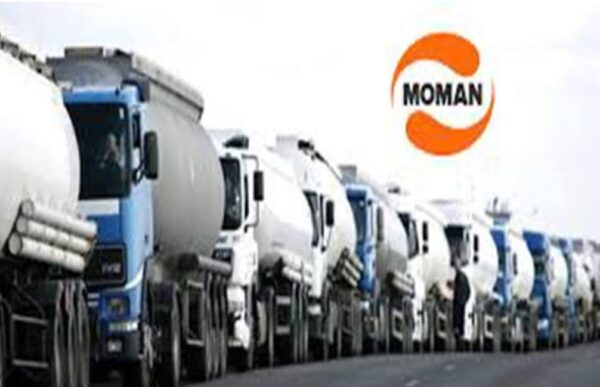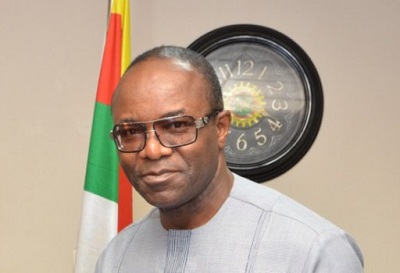Oil Production Cost Per Barrel Down to $20, Says NNPC

• To source pipes for 683km AKK pipeline in-country
The Nigerian National Petroleum Corporation (NNPC) Monday said its cost of producing a barrel of crude oil from Nigeria’s oil fields has further dropped to $20, adding that it was targeting to lower it further to $15 per barrel soon.
It also said it would ensure that all the pipes to be used in the construction of the 683-kilometre Ajaokuta-Abuja-Kaduna-Kano gas pipeline approved by the Federal Executive Council (FEC) are sourced from pipe mills in Nigeria, in adherence with the Nigerian Content Law.
Speaking at the ongoing technology and innovation expo organised by the Ministry of Science and Technology, the Group Managing Director of NNPC, Dr. Maikanti Baru, who was represented by NNPC’s Chief Operating Officer (COO), Gas and Power, Mr. Seidu Mohammed, explained that the corporation had been innovative in its operations, hence the drop in the production cost per barrel of oil.
“What NNPC will like Nigerians to know is the drive we are making to bring down costs. The more we bring down the production cost of oil and gas, the more money that comes eventually to the federal government and the pockets of the states and local governments. That is the kind of thing we are trying to do.
“We have been innovative in our work to bring down the cost. Many Nigerians don’t even know that we have started the local content drive. We have brought down the cost of producing a barrel of oil today to the neighbourhood of $20 and our target is to make sure we are at $15 and we continue to match forward.”
The NNPC had in August 2017, disclosed that it had driven down the cost of oil production from $78 per barrel to $23 per barrel, representing a 70.5 per cent drop in production cost.
Baru equally explained at the expo that the corporation would continue to work with agencies like the Nigerian Content Development Management Board (NCDMB) to ensure that the cost of production in the country’s oil and gas sector is competitive.
He said: “Engineering and technology are the bedrock of oil and gas, without that we may not have been where we are today. But then, what have we been doing at the NNPC? We have been trying to make sure that all the activities are domiciled in Nigeria.
“There was a time when even tender documents had to go to London for evaluation, but today, we have fully domesticated the engineering aspect of it.
“We have, in collaboration with the Nigerian Content Development Management Board, gone ahead to get Nigerians who are innovative and willing to invest in fabrication.
“In other words, what we want to do is to also domesticate the big chunk of where we spend the money, that is procurement, and we have gone far.
“Today, there are fabrications going on in areas of line pipes and valves. What we are doing in NNPC is to support all forms of innovations in the upstream, midstream and downstream.”
On the AKK pipeline and how NNPC plans to use locally-sourced pipes to build it, Baru stated: “I said engineering is part of it, so when you come to the procurement of the project, The main input in that project is the line pipes.
“And what we have done to drive the Nigerian content agenda is to make sure that until we fill the capacity of existing mills in Nigeria, we cannot import pipes.
“So, those who are coming in to build this pipeline will bear it in mind that at the end of the day, they may have to come in with their mills to manufacture the line pipes here.
“As for the other areas of services, Nigerians are there, and mostly Nigerians will construct the lines and do all the pre-commissioning and commissioning processes.”
He added that the rehabilitation programme for the NNPC refineries would also take into cognisance the requirement for local content in executing it.
According to the NNPC boss, “Upfront, we have already started training Nigerians that will eventually manage the place. But the whole process of revamping the refineries involves all the facets and Nigerians have to be there.
“Services will be provided by Nigerians and after revamping we expect a lot has to be done to ensure that the inputs to make it work will be provided by Nigerians.”







